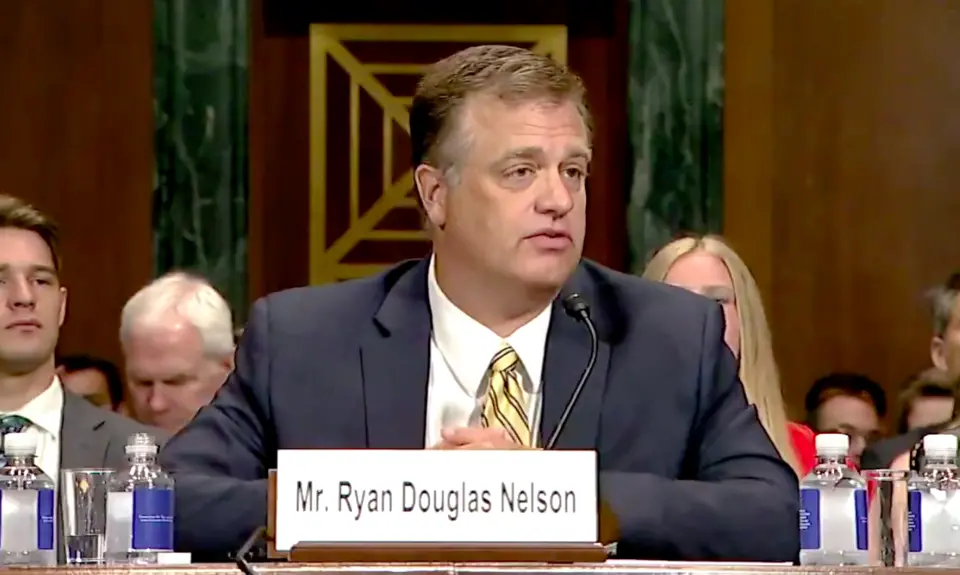“Confirmed Judges, Confirmed Fears” is a blog series documenting the harmful impact of President Trump’s judges on Americans’ rights and liberties. Cases in the series can be found by issue and by judge at this link.
Trump Ninth Circuit judge Ryan Nelson argued in dissent that the majority should strike down as unconstitutional a state gun safety law that restricts the open carrying of guns in public unless the owner has a permit. The majority rejected that view and upheld the law in its March 2021 decision in Young v State of Hawaii.
Hawaii has a long history of concern about and laws to promote gun safety, going back many years before it became a state. Individuals can possess guns in their homes and places of business, but cannot carry them openly in public unless they obtain a license, for which they must demonstrate “the urgency or the need” for such open carry to help protect “life and property.” George Young applied twice for such a license but did not attempt to show such an urgency or need; instead, he relied on his “general desire to carry a firearm for self-defense.” Young’s applications were denied and he sued in federal court to have the Hawaii law invalidated as unconstitutional under the Second Amendment.
A federal district court dismissed the suit. On appeal, a three-judge panel voted 2-1 in Young’s favor, but the full Ninth Circuit vacated that judgment and voted to rehear the case via an 11-judge panel. By a 7-4 vote in which Trump judge Nelson wrote a dissenting opinion, the Ninth Circuit affirmed the district court and upheld the Hawaii law.
Conservative Judge Jay Bybee, who was nominated by President George W Bush, wrote a comprehensive 127 -page opinion explaining the ruling. Bybee carefully discussed “more than 700 years of English and American legal history” and precedent, and concluded that the “overwhelming evidence” supports the determination that individuals do not have an “unfettered right to carry weapons in public places” and that government can “regulate, and even prohibit” the open carry of dangerous weapons “in public places.” Judge Bybee concluded that Hawaii’s laws “are within the state’s legitimate police powers” and do not violate the Second Amendment.
Trump judge Nelson and three others strongly disagreed. The dissenters claimed their version of history and previous cases showed that the Second Amendment prevents government from restricting the open public carrying of firearms and called the majority decision “unprecedented” and “extreme.” In the dissent that he wrote, Nelson faulted the majority for not considering the constitutionality of the state law as applied in Young’s county, which had adopted what Nelson called a “brazenly unconstitutional” regulation that “restricts gun ownership to security guards.” The dissenters would have ruled that the Hawaii law, or at least its application to Young, violated the Second Amendment.
Judge Bybee explained what was wrong with the dissenters’ arguments. He carefully analyzed their legal and historical claims, and determined that the dissent had come to an erroneous “fore-ordained conclusion” that relied on a “much more limited historical record” and “cases that favor its view.” After a meticulous review of the record, Bybee also concluded that Young “never pleaded facts to support an as-applied challenge” and did not even make arguments in briefs on such a claim until his supplemental brief before the 11-member panel in 2020, which was “more than seven years after” his first brief in the court of appeals. Although it might be possible for Young to “pursue whatever remedies remain” on procedural grounds at a later time, the majority ruled, it would be improper to consider such arguments at this stage. And with respect to the county’s regulation, the majority pointed out that an official state attorney general opinion had clarified that the state law “does not reserve open-carry permits to security guards” and “rejected” the county’s interpretation, so it was the language of the statute that controls and was found constitutional.
Gun advocates will likely seek review of the decision in the Supreme Court, and no one can reliably predict what the Court will do. For now, at least, the Hawaii state gun safety law and others like it have been found constitutional, and the case is yet another example of Trump judges like Nelson trying to overturn important gun safety laws.
